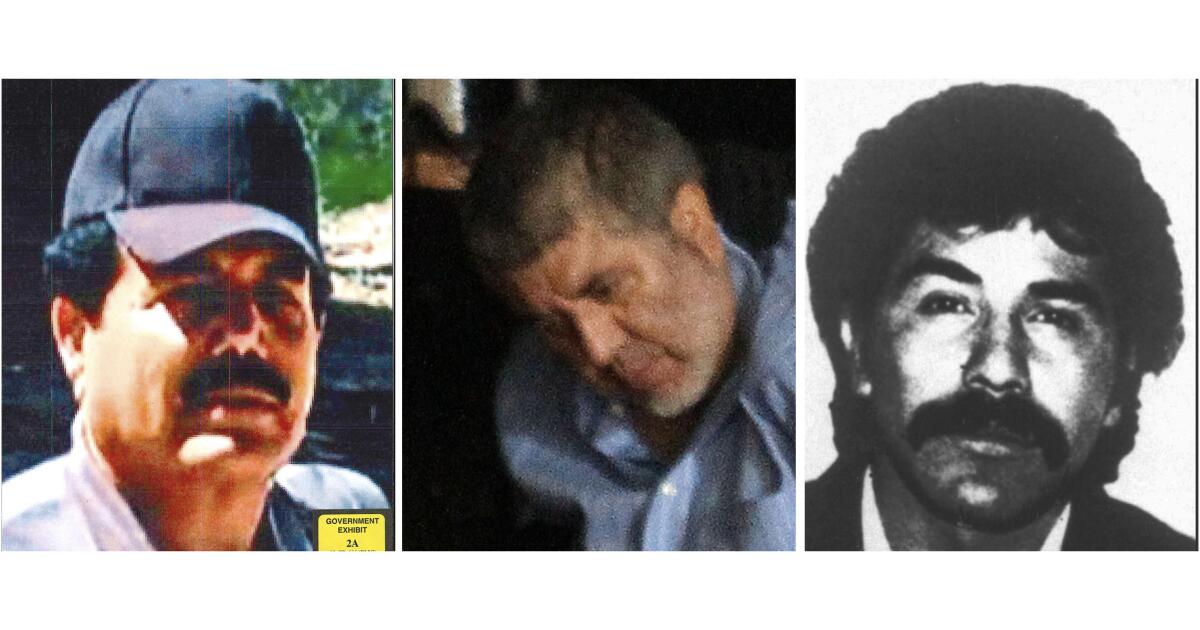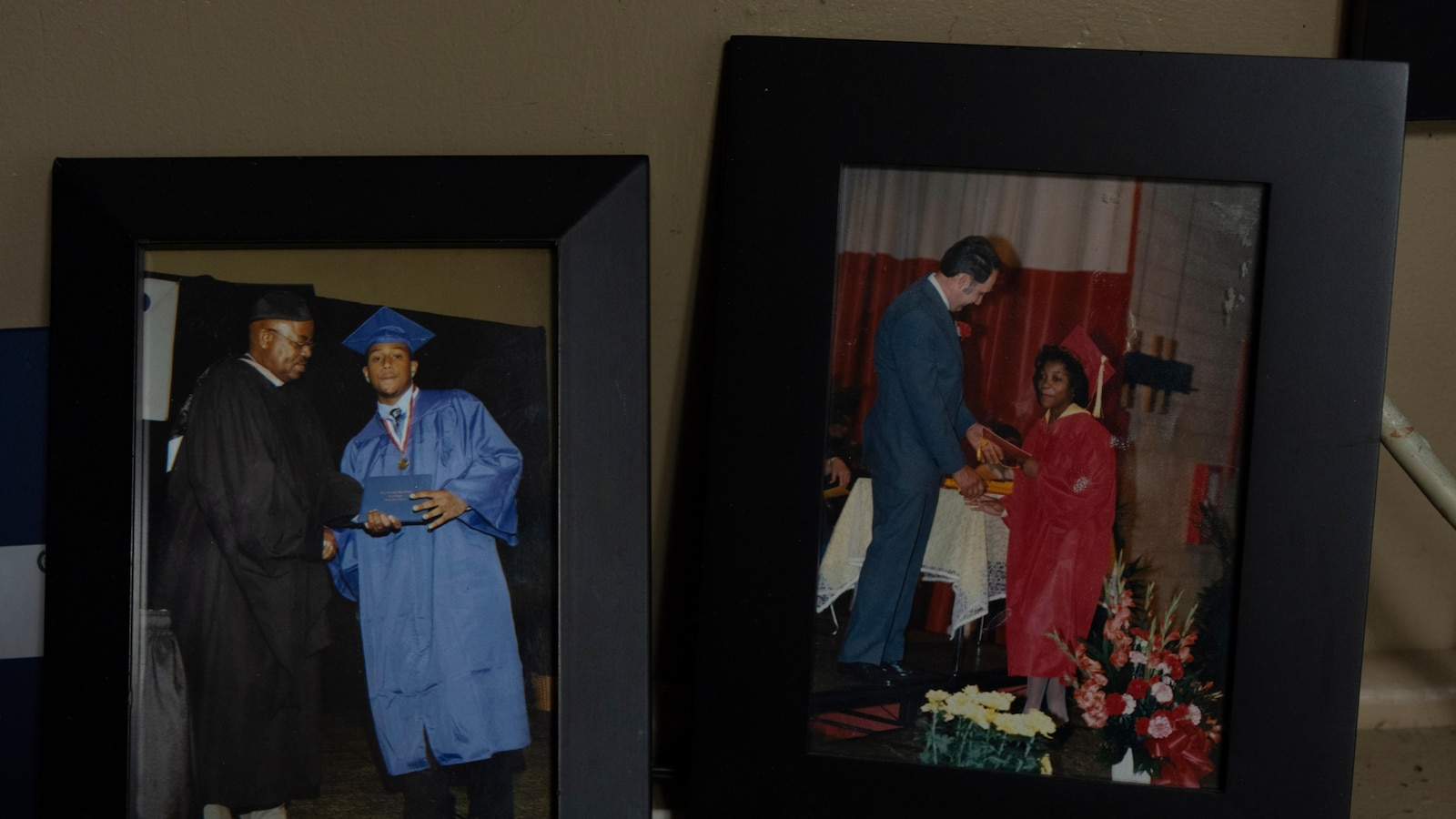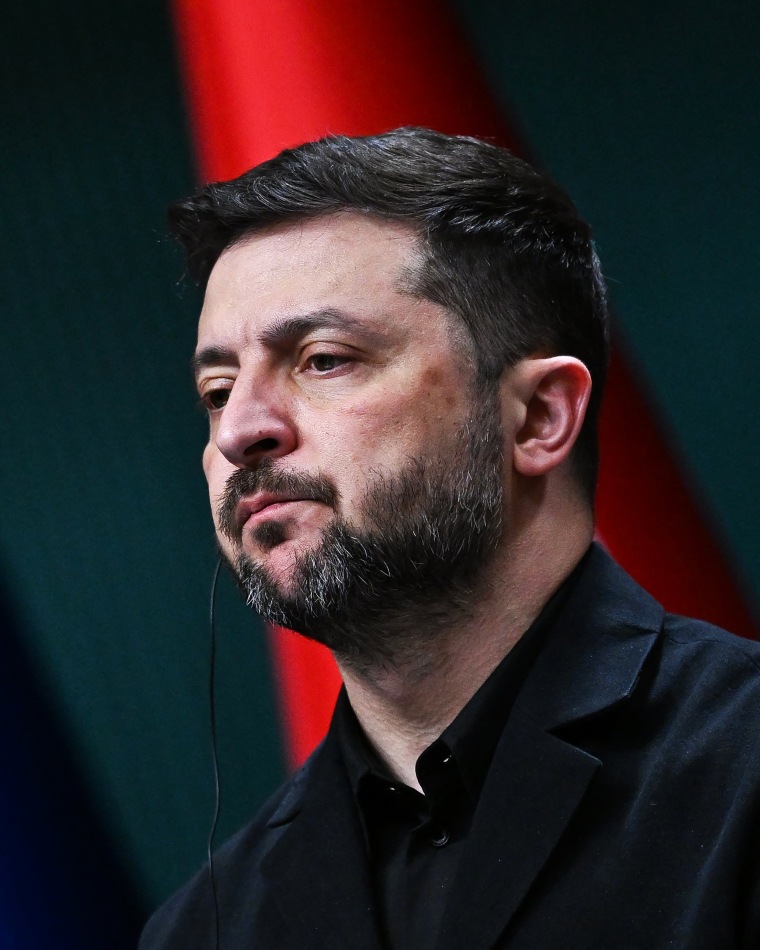
Federal authorities in the United States revealed Tuesday that they will not seek the death penalty against three reputed Mexican drug cartel leaders, including an alleged former partner of the infamous “El Chapo” and the man accused of orchestrating the killing of a Drug Enforcement Administration agent.
Court filings showed decisions handed down in the trio of prosecutions, all being held in Brooklyn, N.Y.
The cases involve drug and conspiracy charges against Ismael “El Mayo” Zambada, 75, charged with running a powerful faction of Mexico’s Sinaloa cartel; Rafael Caro Quintero, 72, who allegedly masterminded the DEA agent’s torture and murder in 1985; and Vicente Carrillo Fuentes, 62, also known as El Viceroy, who is under indictment as the ex-boss of the Juarez cartel.
Prosecutors from the Eastern District of New York filed a letter in each case “to inform the Court and the defense that the Attorney General has authorized and directed this Office not to seek the death penalty.”
The decision comes despite calls by President Trump use capital punishment against drug traffickers and the U.S. government ratcheting up pressure against Mexico to dismantle organized crime groups and to staunch the flow of fentanyl and other illicit drugs across the border.
A White House spokesperson did not immediately respond to a request for comment.
It’s rare for the death penalty to be in play against high-level Mexican cartel figures. Mexico long ago abolished capital punishment and typically extradites its citizens on the condition they are spared death.
In Zambada’s case, the standard restrictions did not apply because he was not extradited. Zambada was brought to the U.S. last July by a son of his longtime associate, Joaquín “El Chapo” Guzmán. Zambada alleges he was ambushed and kidnapped in Sinaloa by Joaquín Guzmán López, who forced him onto an airplane bound for a small airport outside El Paso, Texas.
Zambada has pleaded not guilty to the charges against him and remains jailed in Brooklyn while his case proceeds. A court filing in June said prosecutors and the defense had “discussed the potential for a resolution short of trial,” suggesting plea negotiations are underway.
We’re going to be asking [that] everyone who sells drugs, gets caught selling drugs, to receive the death penalty for their heinous acts
— President Trump in 2022
Frank Perez, the lawyer representing Zambada, issued a statement Tuesday to The Times that said: “We welcome the government’s decision not to pursue the death penalty against our client. This marks an important step toward achieving a fair and just resolution.”
Federal authorities announced in May that Guzmán López, 39, an accused leader of the Sinaloa cartel faction known as “Los Chapitos,” would also not face the death penalty. He faces an array of drug smuggling and conspiracy charges in a case pending before the federal court in Chicago.
Another son of El Chapo, Ovidio Guzmán López, 35, pleaded guilty to drug trafficking, money laundering and firearms charge last month in Chicago. Court filings show he has agreed to cooperate with U.S. authorities in other investigations.
Caro Quintero and Carrillo Fuentes were two of the biggest names among a group of 29 men handed over by Mexico to the U.S. in February. The unusual mass transfer was conducted outside the typical extradition process, which left open the possibility of the death penalty.
Reputed to be a founding member of Mexico’s powerful Guadalajara cartel in the 1980s, Caro Quintero is allegedly responsible for the brutal slaying of DEA agent Enrique “Kiki” Camarena 40 years ago.
The killing, portrayed on the Netlfix show “Narcos: Mexico” and recounted in many books and documentaries, led to a fierce response by U.S. authorities, but Caro Quintero managed to elude justice for decades. Getting him on U.S. soil was portrayed a major victory by Trump administration officials.
Derek Maltz, the DEA chief in February, said in a statement that Caro Quintero had “unleashed violence, destruction, and death across the United States and Mexico, has spent four decades atop DEA’s most wanted fugitives list.”
Carrillo Fuentes is perhaps best known as the younger brother of another Mexican drug trafficker, Amado Carrillo Fuentes, the legendary “Lord of the Skies,” who died in 1997. Once close to El Chapo, El Mayo and other Sinaloa cartel leaders, the younger Carrillo Funtes split off to form his own cartel in the city of Juárez, triggering years of bloody cartel warfare.
Kenneth J. Montgomery, the lawyer for Carrillo Fuentes, said Tuesday his client was “extremely grateful” for the government’s decision not to seek the death penalty.”I thought it was the right decision,” he said. “In a civilized society, I don’t think the death penalty should ever be an option.”
Trump has been an ardent supporter of capital punishment. In January, he signed an order that directs the attorney general to “take all necessary and lawful action” to ensure that states have enough lethal injection drugs to carry out executions.
Trump’s order directed the attorney general to pursue the death penalty in cases that involve the killing of law enforcement officers, among other factors. For years, Trump has loudly called for executing convicted drug traffickers. He reiterated the call for executions again in 2022 when announcing his intent to run again for president.
“We’re going to be asking [that] everyone who sells drugs, gets caught selling drugs, to receive the death penalty for their heinous acts,” Trump said.
Atty. Gen. Pam Bondi lifted a moratorium on federal executions in February, reversing a policy that began under the Biden administration. In April, Bondi announced intentions to seek the death penalty against Luigi Mangione, the man charged with assassinating a UnitedHealthcare executive in New York City.
Bonnie Klapper, a former federal narcotics prosecutor in the Eastern District of New York, reacted with surprise upon learning that the Trump administration had decided not to pursue capital cases against the accused kingpins, particularly Caro Quintero.
Klapper, who is now a defense attorney, speculated that Mexico is strongly opposed to executions of its citizens and officials may have exerted diplomatic pressure to spare the lives of the three men, perhaps offering to send more kingpins in the future.
“While my initial reaction is one of shock given this administration’s embrace of the death penalty, perhaps there’s conversations taking place behind the scenes in which Mexico has said, ‘If you want more of these, you can’t ask to kill any of our citizens.’”



